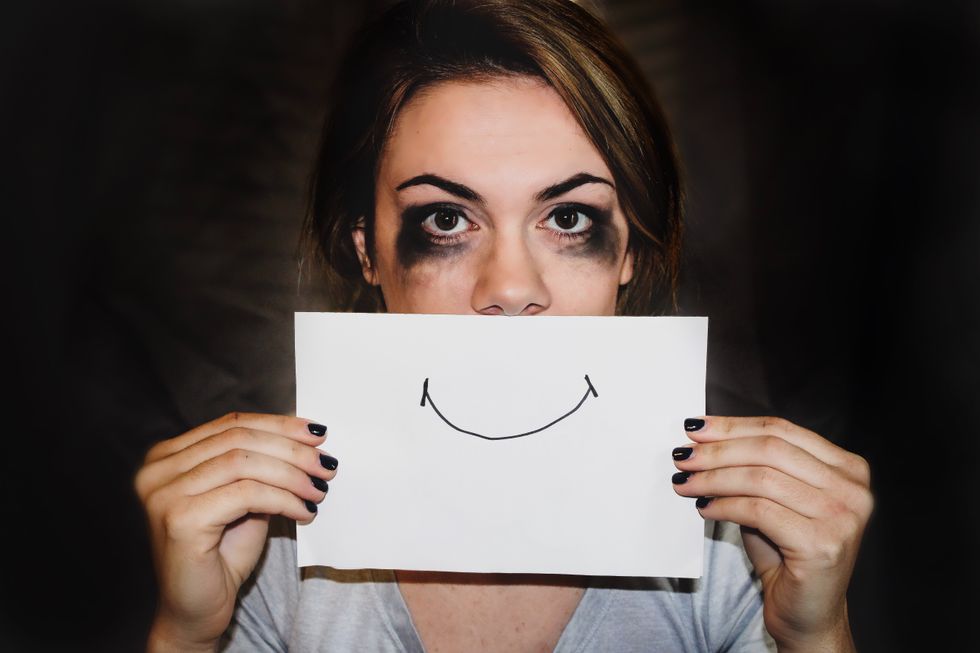In society, there are many negative social stigmas against mental illnesses and disorders. The circulation of these stigmas make it hard for those enduring mental health obstacles to open up, seek help, and address their problems. To be more specific, I found there to be a stigma surrounded by the mental disorder of anxiety.
From personal experience, there have been times where I would try to open up to others about my anxiety for reassurance. Instead, I would get responses such as "you worry/stress too much" or "you just have to let life happen."
I'll admit, I am an expert at overthinking and I do stress over every little detail to the extreme — but I'm aware of that by now. And if I were able to "just let life happen," I would be doing that already — but I can't.
It's easier said than done and most of the time it's out of my control which is something that many need to become more aware of. Having an anxiety disorder is similar to the domino effect — one thought leads to another and it's never-ending. It can reach the point where you've placed your mind into this sinking pit and sea of thoughts, feeling as if you are drowning.
There have also been times where people would say "well everyone has anxiety" — which is true, but before the term anxiety is thrown around loosely, people need to know the difference between anxiety and an anxiety disorder.
Yes, there is the typical and natural feeling of anxiety everyone experiences here and there. Whether it's about a test, a speech, your surroundings or the environment you're in, and so on, the regular feeling of anxiety is a response to stress which is completely normal for everyone.
But some have it worse than others. For example, the source of stress that the anxiety is stemming from cannot be directly pinpointed for someone who has an anxiety disorder. Essentially, one can feel anxious over small tasks, simple responsibilities, or even nothing at all.
Compared to the natural feeling of anxiety, one with an anxiety disorder experiences it more intensely and for a longer period of time. Symptoms of an anxiety disorder also include sweating, heart pounding, interference with daily life and responsibilities, feeling isolated or disconnected and detached with reality, headaches, and more — the list of differences could go on. Overall, someone who has an anxiety disorder is anxious most of the time, if not all of the time.
I know it's a little more difficult for others to recognize where people with an anxiety disorder are coming from, which is totally understandable and respectable. However, telling people with anxiety that they worry or stress too much only belittles and invalidates their feelings, along with what they are experiencing.
To others, it might be perceived as if we're worrying over nothing — but it seems like so much more to us. That is what an anxiety disorder makes situations out to be and many don't realize that it can be this never-ending spiral of thoughts.
Instead of these social stigmas invalidating anxiety and other mental illnesses and disorders, it's time that we educate ourselves more about mental health. So this way, we become more tolerant, understanding, and knowledgeable when we are faced with situations as such.
With that being said, if someone opens up to you about their mental health, try to understand the best you can and be respectful — they're already belittled by their own mind and thoughts as it is.
















